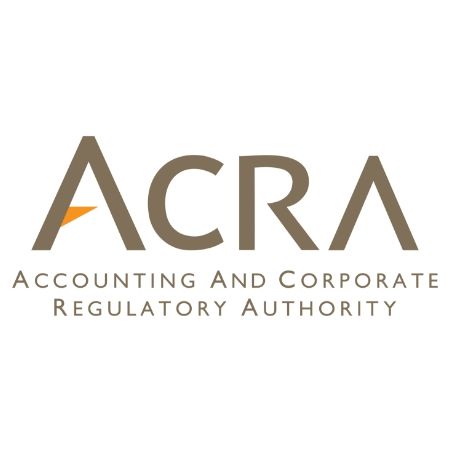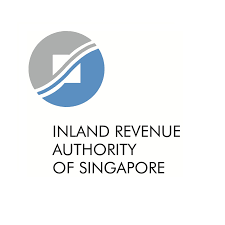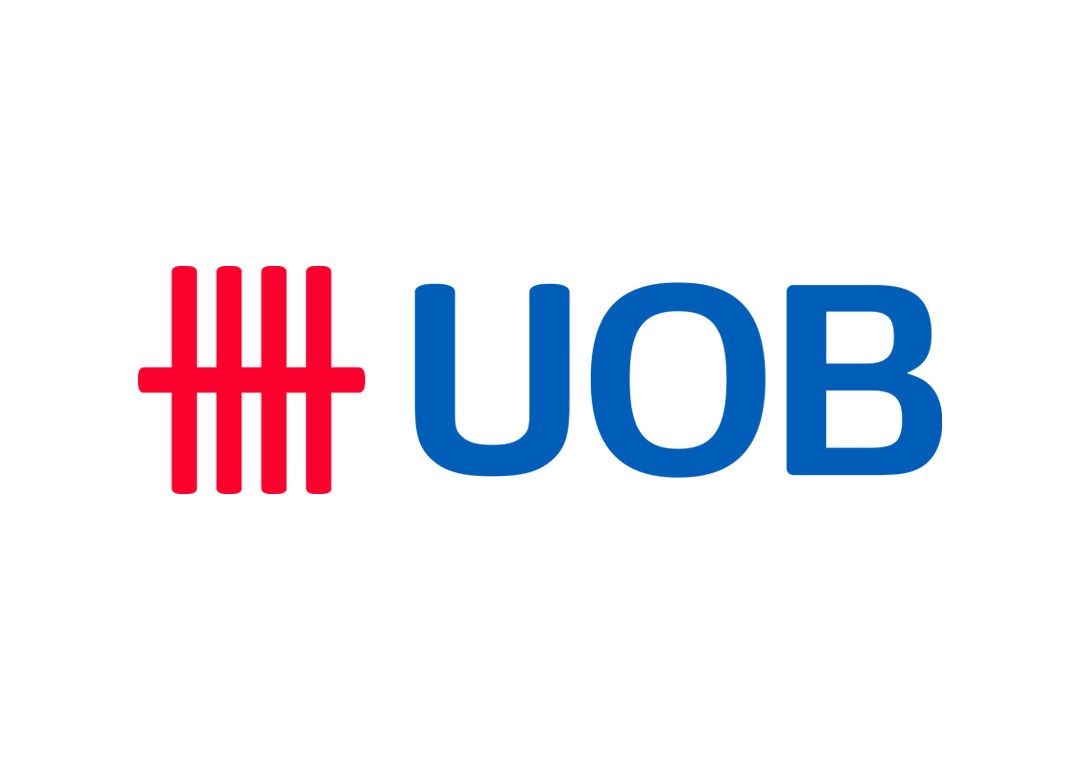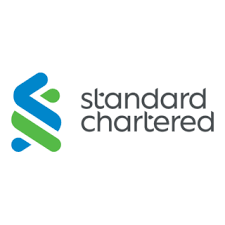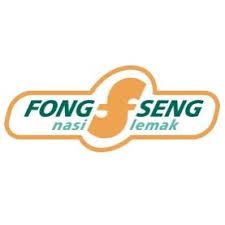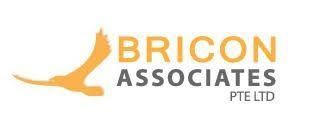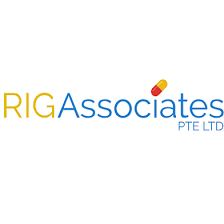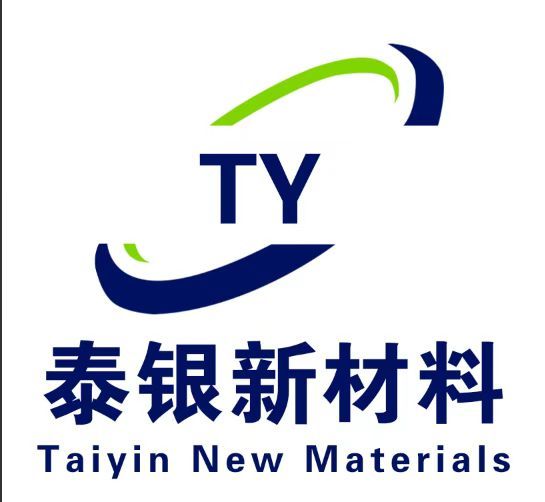Singapore Company Registration Procedure and Fees
This article covers the procedures for setting up a Singapore company and also briefly describes the general corporate filing requirements for a Singapore subsidiary.
1. Summary
During the formation stage, a Singapore company requires at least one individual or corporate shareholder to subscribe for at least 1 initial share. The company must have at least one director who must be a natural person and ordinarily resident in Singapore. This may include a permanent resident or a foreign employee holding a valid employment pass. There is no upper limit on the number of directors, but it is best to keep it to a maximum of 3 or 5 directors.
As the responsibilities and strict liability of a resident director are onerous, our company will only accept the appointment of a nominee director on a very selective basis, with annual fees for such nominee directors ranging from S$2,000 to S$5,000 per annum. An indemnity deed is usually required from the appointor and a security deposit of S$5,000 is usually required, which is refundable upon termination of the nominee director’s services.
There is no statutory requirement for a minimum authorized capital (now abolished) and any new registration is subject to a fixed registration fee of S$315. Bearer shares are not permitted. In some cases, the company's capital may be denominated in a currency other than Singapore dollars, such as US dollars.
Singapore companies may be limited by shares, guarantees, or shares and guarantees, and can be private or public companies. Private companies may not have more than fifty shareholders, have restrictions on share transfers, and may not invite the public to subscribe for their shares or bonds or make deposits with them. Singapore has no restrictions on 100% foreign shareholding, except in certain specific areas.
2. Registration Procedure
Prior to incorporation of a company, the proposed name must be approved by the Accounting and Corporate Regulatory Authority (“ACRA”) (our Registrar). Such name approval is obtained through online submission (based on the information provided by the client). Name approval usually takes 1-2 hours to obtain.
ACRA may require a company name to include a descriptive word that describes the company's principal business, but this requirement can sometimes be waived if the company can demonstrate that it is part of a group of companies operating under that name. Issues (excluding descriptive words) in multiple jurisdictions around the world. In addition, if the name includes part of a parent company's name, a registered trademark, or the name of an existing entity in Singapore, a consent letter for the use of that name or trademark in Singapore must be provided by the parent company or trademark or business owner. If the company is a private company, the name should also include the designation "Private" or "Private" and end with "Limited" or "Limited" if the company is a limited liability company. The initials "S" may be used to represent "Singapore".
Once the name is approved by ACRA, the documents required for incorporation of the company can be prepared. The documents that will be prepared for them will constitute our approval/authorisation to submit to ACRA for registration:
(a) Form 45 - Consent to Act as Director, one copy signed by the first director (mandatory);
(b) Form 45B - Consent to Act as Secretary, signed by the Secretary (mandatory);
(c) Articles of Association (formerly known as Memorandum and Articles of Association) indicating the number of shares subscribed (required)
Once all the above documents are submitted, the company registration is completed almost immediately and an email notification is sent to confirm that the registration is complete. If the company wishes to obtain a Certificate of Incorporation, it will cost S$50.
3. First Board Meeting
Soon after a company is incorporated, a meeting of the new company's directors (i.e. registered directors) must be held or a resolution circulated in writing.
4. Appointment of Directors
Generally, a Singapore company must have at least one Singapore resident director, or usually two directors, one of whom must be ordinarily resident in Singapore. To meet this requirement, a foreign employee holding an employment pass will qualify as a resident director (as far as the company employing him is concerned). Due to immigration regulations, it is not recommended for foreigners to hold multiple directorships.
Before the appointment can take effect, the person being appointed as a director must complete Form 45 (Consent to Act as Director) under the Singapore Companies Act. In Form 45, the director must state his usual residential address (in his country of origin or elsewhere) for submission to ACRA. However, if he also wishes to use an alternate address in order to keep his residential address private and confidential from the public, this is permitted and can be applied for, with payment of a small fee.
For Know Your Customer purposes and to comply with our Singapore government's regime in anti-money laundering, terrorist financing and FATF procedures, we require notarized proof of identity (passport) and proof of residential address (such as utility bill or telephone bill) of the proposed directors. If it is difficult to obtain a notary's signature, selective certification of the document may be done by our Singapore Embassy/Consulate office, lawyers and solicitors, CPAs or Chartered Secretaries or in-house legal counsel.
5. Appointment of Secretary - Registered Office
According to the Singapore Companies Act, Cap. 50, a company secretary must be appointed within 6 months of incorporation. It is recommended that a company appoint a secretary upon incorporation to expedite pre- and post-incorporation matters.
The registered address of a company must be the address of the secretary. This is because the Company Law requires the statutory books and compliance records of a company to be kept at the registered office of the company. In addition, the company secretary or his/her duly appointed agent must be present at the registered office during normal business hours on normal business days.
Therefore, if an officer of our company is appointed as secretary, it is preferred that the registered office of the company be located at our address. A small fee will be charged for this use, this amount is intended to cover the administrative costs of arranging for the redirection of company correspondence and other documents arriving at the registered office.
6. Appointment of auditors
Pursuant to Section 205 of the Companies Act of Singapore, the company may appoint an auditor within 3 months of incorporation. The auditor must be an approved auditor under the Companies Act, therefore, the nominated auditor is usually an accounting firm that is validly recognized in Singapore. The auditor’s consent to act is necessary before being appointed by the Board of Directors.
It should be noted that audit exemptions apply in certain circumstances – see additional information below.
Changes in audit requirements
From July 1, 2015, the new system is:
The revised Companies Act introduces a new concept of "small companies" that are exempt from audits. This means that a company will qualify as a "small company" for a given financial year if it meets the criteria for the past two financial periods. [Note: If a company has to apply for a license from the Monetary Authority of Singapore, Singapore Tourism Board, Maritime and Port Authority or other government agencies, an annual audit may be required in order to renew the license.]
If a company has not met the criteria for the past two fiscal periods, it is no longer eligible.
The criteria for being defined as a “small company” for a particular financial year are as follows:
a) it is a private company; and
b) It meets at least 2 of the following 3 criteria in the 2 most recent financial periods:
• Total revenue for the financial period < S$10 million
• Total assets < S$10 million as of the financial period date
• Number of employees on the fiscal period date < 50; and
If the company is part of a group, it must also satisfy the above tests on a group (consolidated) basis.
7. Goods and Services (“GST”) Registration/Central Registration Number/CPF Registration
If required, our company can also assist with Goods and Services Tax Registration, Central Registration Number, CPF Registration etc. For your information, the Central Registration Number is the number required by every company for customs clearance/declaration of any import or export of the company including demonstration stock or publications received or sent. These registrations can only be submitted after the issuance of the company's certificate of incorporation.
8. Transfer of shares and additional allotment
Shares may sometimes be acquired by the first subscriber (usually one per person) with the intention of transferring them to the ultimate shareholders at the first board meeting. Instructions will be required as to the ultimate shareholders/beneficial owners concerned. It is necessary to complete a share transfer form for each share to effectuate such transfer. The transfer form must be signed by both the transferor and the transferee. Where the transferee is a company, the transfer form must be signed in the manner normally provided for in the Articles of Association/Memorandum of Association of such transferee. In all cases, the execution by the transferee must be duly witnessed and the witness should sign and provide the details noted on the form. Once a decision has been made as to the ultimate shareholders, the necessary share transfer forms can be forwarded directly to that entity for proper execution.
For Know Your Customer purposes and to comply with the Singapore Government's Anti-Money Laundering, Terrorist Financing and FATF procedures, we require notarized proof of identity and residential address of the owner. If necessary, an organizational chart showing the name of the beneficial owner must be provided (if applicable).
In addition, if additional shares are proposed, this can be dealt with at the first directors' meeting. If the company plans to issue more than one or two shares that were issued at the time of incorporation, details of the number of additional shares to be allotted and details of the shareholders concerned are required. Once it is confirmed that funds have been transferred to the company to pay for the shares, the shares can be allotted and issued.
9. Appointment of bankers
Standard banking resolutions are sometimes passed at the first directors’ meeting or by separate resolution. Details of the company’s proposed bankers and authorised signatories (name of bank and branch) will need to be prepared and the necessary resolution passed. The first director and secretary can expedite the processing of all banking documents if required.
It is recommended to open an account at the three major local banks (UOB, DBS and OCBC), and it may take a few days to open an account if all the documents are in place. However, in recent months, banks have stepped up checks on investment holding companies and companies with foreign corporate shareholders. Foreign banks (such as HSBC, Standard Chartered, Bank of China and Citibank) also tend to be more strictly regulated and impose higher account opening fees, monthly costs, minimum balances, and a lot of KYC paperwork.
10. Setting the end of the fiscal year
The financial year end (FYE) is usually determined in the minutes. Under the Companies Act, a company must hold its first annual general meeting (“AGM”) within six months of the FYE. The directors must provide shareholders with the audited and/or certified accounts (as the case may be) for the previous financial year at this AGM and these accounts must be completed on a single day not more than six months before the date of the AGM.
Any changes to the FYE that would cause the FYE to exceed
18 months; or if the FYE has been changed within the past 5 years of the last changed FYE.
11. Tax Exemption
A tax exemption scheme for newly established companies was introduced in Year of Assessment (YA) 2005 to support entrepreneurship and help local businesses grow.
Changes to the tax exemptions under the scheme were announced in Budget 2018, as other support for businesses to build capacity is being strengthened. The changes will take effect from the 2020 assessment year for all eligible companies that apply for tax exemptions under the scheme.
With these changes, eligible companies will receive the following tax exemptions for the first three consecutive tax years to which the tax year falls:
2020 and beyond
- 75% exemption on the first $100,000 of normal chargeable income*; and
- Reduce the next $100,000 of normally taxable income by another 50%.
YA 2019 and before
- The first $100,000 of normally taxable income is completely exempt*; and
- Reduce the next $200,000 of normally taxable income by another 50%.
*Normal taxable income is income taxed at the prevailing corporate tax rate.
Note: Real estate investment and property development companies established after 25 February 2013, shell companies carrying out no activities/significant activities and having no/very few employees are not eligible; and will be audited by IRAS for possible abuse of the tax exemption scheme.
The corporate tax rate is currently 17%. Singapore has signed double taxation treaties with many countries.
For more information, please visit www.iras.gov.sg. Every year, the tax authorities usually grant additional tax exemptions and tax rebates, as well as various grants and ICV vouchers to stimulate entrepreneurship. Please contact us for more latest information.
12. General Requirements for Singapore Companies
Under Singapore Companies Act, Singapore companies are required to make certain periodic and special filings, the most important of which can be summarised as follows:
1. Annual Return
Generally, Singapore companies must file their annual return online within 7 months of the FYE. The form requires disclosure of other company details such as registered office, list of registration fees, list of shareholders, directors, auditors, etc. Subject to certain regulations and shareholder approval, the AGM must be held within 6 months of the financial year end; an audited or certified profit and loss account and balance sheet may also be required to be prepared not more than 6 months before the date of the meeting. Severe penalties and fines apply if the return is filed late.
To reduce the regulatory burden, companies that declare themselves as “Exempt Private Companies” or “Private Dormant Related Companies” and meet the requirements of not preparing audited financial statements and filing financial statements will be eligible to file simplified annual returns. In the simplified annual return, the information is pre-filled and can be easily submitted in 5 simple steps.
2. Exemption from holding an annual general meeting
Subject to certain safeguards, a private company does not need to hold an AGM if all members pass a resolution to dispense with holding an AGM; or if the financial statements are sent to members within 5 months of the FYE; or if a private dormant related company is exempted from sending financial statements.
3. Changes in company organization
Singapore companies are required to notify ACRA within a specific time period (usually 2 weeks) of certain events that occur. These events are notified to the Registrar online and must be supported by documents proving the change.
4. Fee Registration
If a company creates certain types of charges over any of its properties or assets situated in Singapore, details of the charge and a certified copy of the instrument creating the charge must be submitted to ACRA within 30 days of its creation. Charges are usually handled by Chargor’s legal counsel.
5. Use of Name
The full name of the company and its company registration number must appear legibly in Roman letters on all bills, letterheads, invoices, statements of accounts, prospectuses and other official documents.
Further, if business is carried on under any other name, that name should be registered as the business name of the company.
6. Register
The company secretary must keep a number of registers – including a register of controllers, a register of nominee directors, a register of shareholders, a register of directors, managers, secretaries and auditors, a register of debentures and charges, etc.
7. Corporate and statutory compliance
The Board of Directors of a Singapore Company must always be mindful of the compliance of the Singapore Company and its duties and responsibilities as a director. To this end, the Company is committed to keeping our clients as fully informed as possible to ensure that such corporate and statutory matters are complied with.
8. Singapore Company Good Standing Certificate
A Certificate of Good Standing proves the existence of a company registered in Singapore and that the company is still valid in the ACRA company register. It bears the electronic signature of the ACRA Assistant Registrar and is only valid for companies. The company name, date of incorporation, status and activities will be stated on the certificate.
13. Know Your Customer Compliance
Singapore has implemented a strict and robust Anti-Money Laundering (AML) / Counter-Terrorism Financing (CTF) regime through legislation, policy and supervision to prevent the abuse of our system for criminal activities.
AJK Consulting Pte Ltd. is a Registered Filing Agent (RFA) with a license to practice from ACRA. It is important that we as an RFA perform the necessary Know Your Customer (KYC) checks and customer due diligence before accepting clients. Failure to comply with this will result in (i) an anti-money laundering offence of up to S$500,000 or 10 years’ imprisonment for individuals (S$1 million fine for companies) and (ii) a fine of up to S$20,000 for failure to file a suspicious transaction report. In addition, revocation of our license to practice.
Therefore, please be advised that acceptance of your company secretary job will be subject to our onboarding and KYC compliance checks. We will require true copies of passports/ID documents and proof of address of all relevant individuals for necessary screening and searching.
14. Service Fees
The fees for locals to register and maintain a Singapore company generally start from SGD2000, while the fees for foreigners to register and maintain a Singapore company generally start from SGD4000. For more details, please check "Contact Us" in the footer.
15. Procedures and timeline for company registration in Singapore
The step-by-step procedures and timeline are as follows:
| process | principal | Remark | |
|---|---|---|---|
| 1 | Request and fill out the company registration application form from AJK, and provide relevant materials (ID card, passport, proof of address, bank statement) | applicant | |
| 2 | Review documents to ensure all required documents have been provided. Our compliance team will conduct due diligence prior to approval | Committee members | All information and KYC identity documents must be complete to prevent delays in compliance approval. Additional documents may be required for further verification by the compliance team |
| 3 | Issue invoices and get paid | AJK & Applicants | Once payment is received, we will begin the registration preparation process |
| 4 | Reserve the company name and prepare all required documents upon approval. | Committee members | |
| 5 | Signing company documents | applicant | Documents can be signed at our office or if you are overseas, documents can be signed in the presence of a notary public or the Singapore High Commission or a suitable person. |
| 6 | Register with the Accounting and Corporate Regulatory Authority (ACRA) of Singapore | Committee members | The company can be incorporated within 1 day. After successful registration, ACRA will issue the company registration profile (Bizfile) on the same day. |
| 7 | Issue company documents: i.e. share certificates for each shareholder, statutory registers, minutes, copy of articles of association, order stamp | Committee members | Additional charges if official seal is required |
| 8 | Prepare the first board resolution to approve the company details, determine the financial year, appoint auditors (if required) | Committee members | |
| 9 | Prepare company resolution and bank account opening documents | AJK & Applicants | We will provide you with a current list of Singapore banks for you to choose from / assist you in opening a bank account at no additional charge |
We hope that the above guide has helped you understand some of the compliance requirements faced by companies registered in Singapore.




